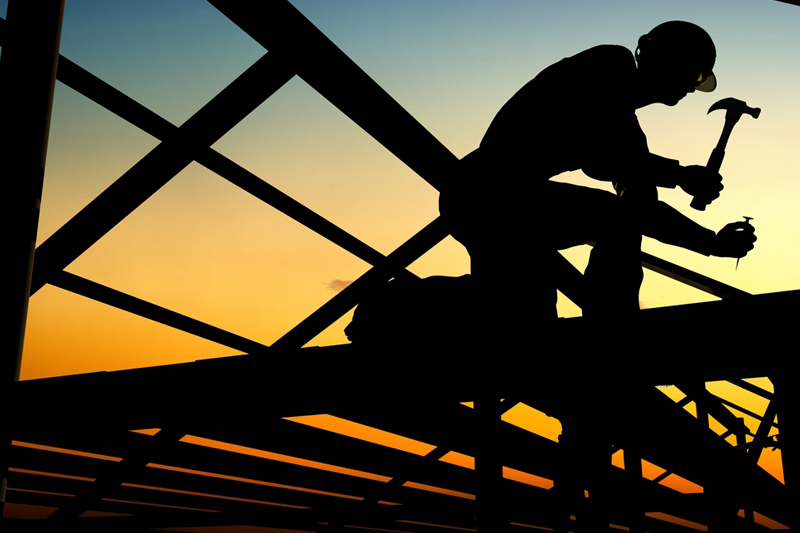By Wayne Cole
SYDNEY, Aug 24 (Reuters) - Australia is finally enjoying a long-awaited recovery in government investment as spending on public works expanded at a double-digit pace last quarter to hit the highest in more than two years.
The upturn, combined with record-breaking spending on home building, has cushioned the impact from a long retreat in mining investment, providing vital support to economic growth.
Wednesday's data from the Australian Bureau of Statistics showed spending on public works surged almost 16 percent in the second quarter from the same period a year ago, to reach A$9.5 billion ($7.2 billion) in inflation-adjusted terms.
Home building was up a healthy 9.7 percent at A$17 billion during the quarter, benefiting from historically low mortgage rates and brisk population growth.
All that spending provided a timely offset to a mining-driven slump in engineering work, which fell 25 percent in the year to June.
The net result was that total construction work slipped 3.7 percent in the second quarter, from January-March, to stand at A$47.4 billion. Work done in the first quarter was also revised up to show a dip of just 0.3 percent from the originally reported 2.6 percent drop.
STIMULUS IS WORKING
The climb in residential construction will reassure the Reserve Bank of Australia (RBA) that monetary stimulus is working. Its latest cuts in May and August took rates to an all-time low of 1.5 percent and have yet to make their mark on building plans.
Approvals to build new homes are running at an historically high annual pace of 224,000 and much of that is for high-rise towers which take longer to complete, thus extending the lifecycle of the building binge.
Just as welcome was a spate of new public transport projects by state governments, which ended years of frugality for public investment.
The shift was clear in results from building products group Boral BLD.AX this week. "Major roads and infrastructure projects are clearly ramping up," said CEO Mike Kane.
"As this sector has been gradually strengthening, the resource boom, including the major LNG projects, has tapered off," he added. "Strong demand from housing activity has helped to ensure a smooth and broadly steady transition."
Boral's shares are up 17 percent this year, more than triple the gain of the broader market.
Importantly for the broader economy, construction is also labour intensive. Since mid-2013 when the home building boom began, the construction sector has added over 100,000 jobs and more than compensated for the 35,000 lost in mining.
